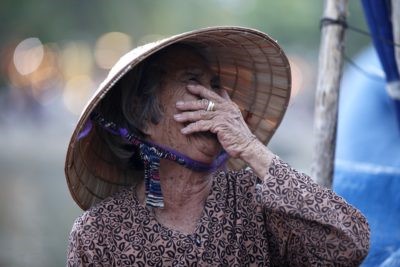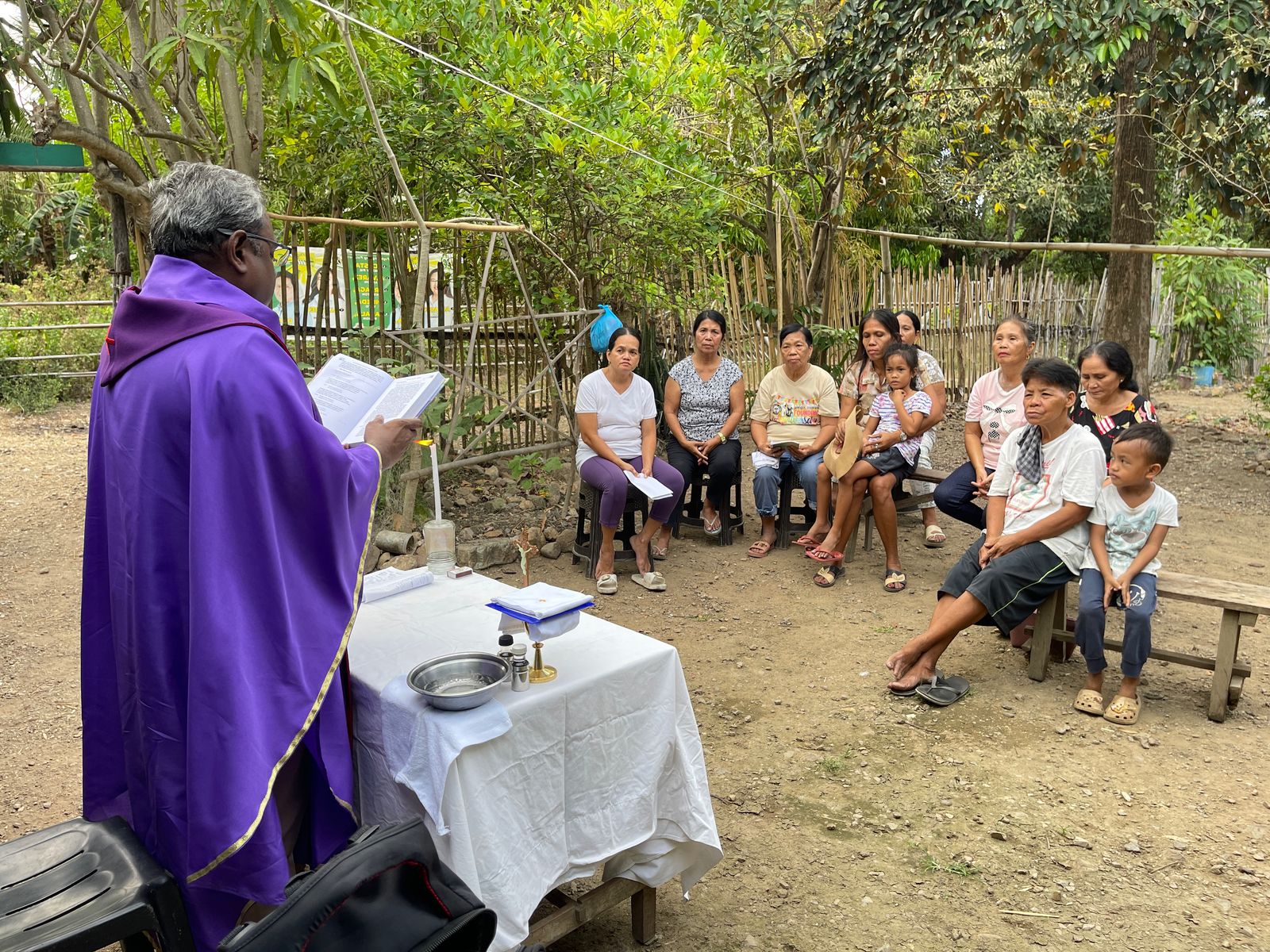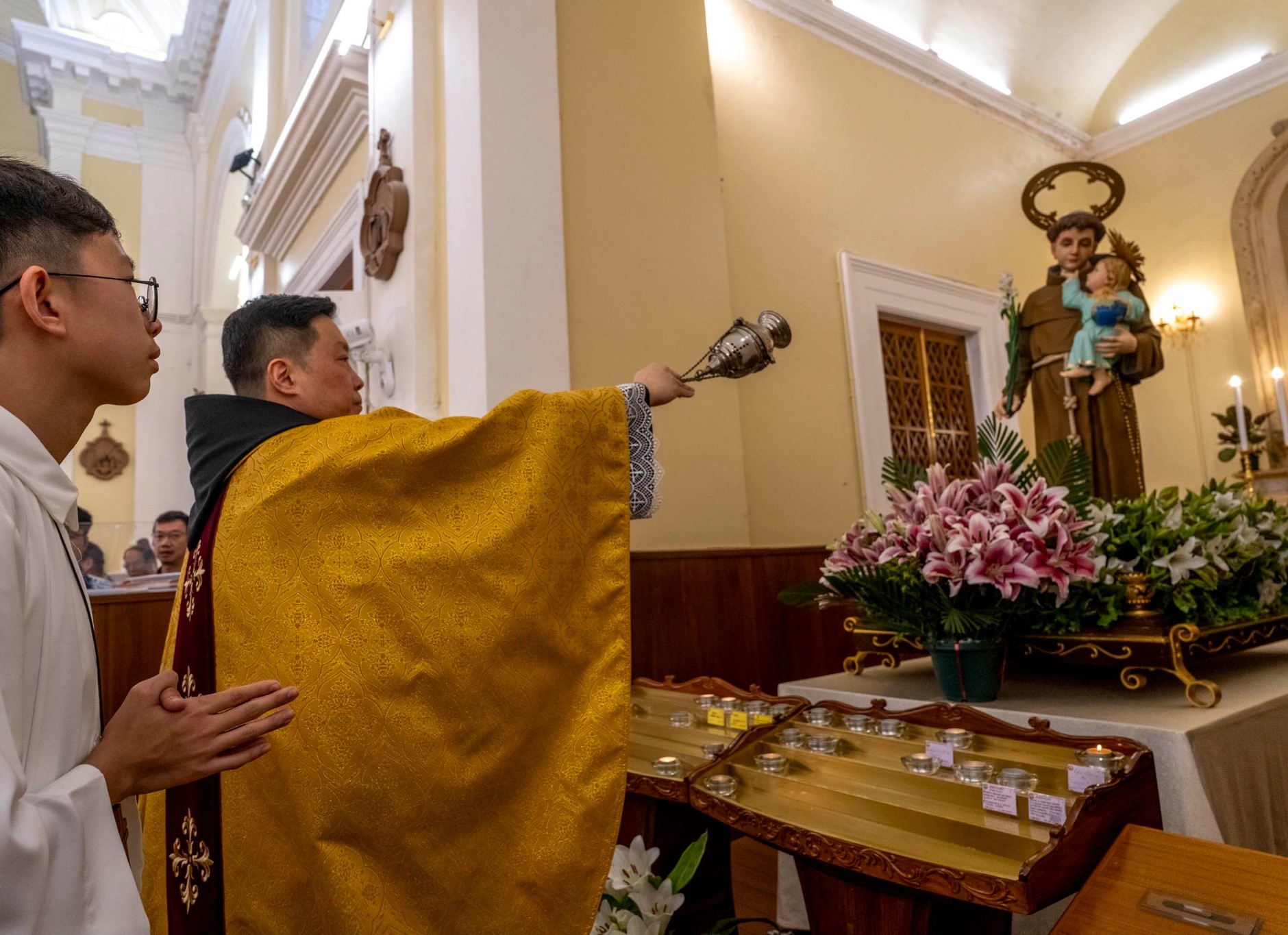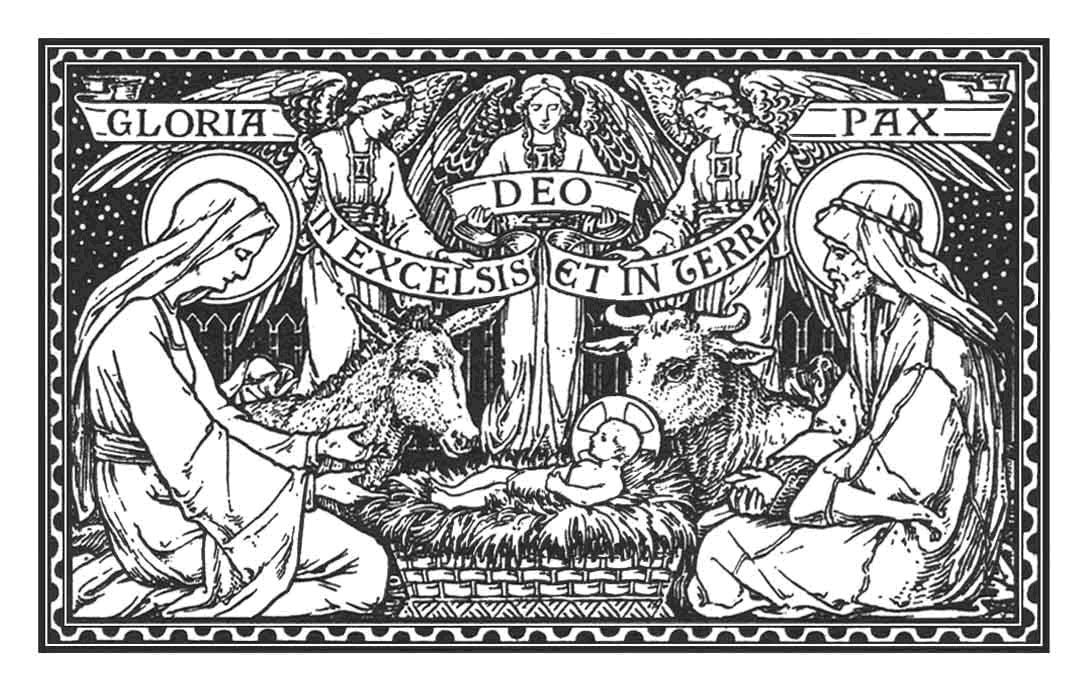[照片來源] Thang Phan at Pixabay
– FAUSTO GOMEZ OP
Hereafter. I wish to reflect on aging and old age today.
I started to be concerned about aging and the elderly when I was a young adult. At about 42 years of age, I became a member of the Church’s NGO Opera Pia International for Active Aging, and in 1982, due to my work at the University of Santo Tomas (UST), Manila, I participated in the 1982 World Assembly on Aging in Vienna.
At about sixty, I began to be interested in Ascending Life, the lay movement and association of the elderly in the Catholic Church. Cardinal Jaime Sin of Manila approved the first group organized by the UST Parish in December 1999. By the way, there are thousands of Ascending Life groups throughout the world.
As we all know well, our world is aging rapidly – and so are we all. From an aging society, we are going towards an aged society. This is true today in the developed world, and it will be before tomorrow in the developing world.
In my reflection, I shall try to answer four questions in four corresponding sections or columns: What is the meaning of old age? How does one age old well? How to treat the elderly? How am I growing older? We begin with the first question: What is old age?
OLD AGE, A STAGE OF LIFE
Old age is part of life. Its meaning depends upon the main meaning we give to our life. What is the meaning of life, of my life? Many people realize, through the different stages of life, the truism of this saying: “If there is a why to live for, one can bear any how” (Nietzsche). If there is a positive meaning, then life becomes focused and purposeful, and relatively happy. The meaning of life may be described as searching for the true meaning, as hope, as family, as love, etc., and particularly as affectionate, compassionate and forgiving love
Aging may be defined as “the accumulation of chronological events that render an organism more susceptible to the stresses of life and thereby increase the probability of death” (George R. Martin and George T. Baker). The science that studies comprehensively aging in its different dimensions – biological, medical, psychological, social, ethical and spiritual – is called gerontology. Geriatrics, in particular, stands for that branch of medicine that studies and tries to heal the diseases connected with old age. Although aging means the process of aging through the whole life, it is principally understood as the aging of the elderly.
Since the time of the Greek philosophers, Aristotle in particular, human life has been divided into three ages (or stages): the first stage is youth, the second, adulthood, and the third, old age. In modern parlance, the three stages of human life have been boxed respectively into education (youth), work (adulthood), and retirement (old age).
Old age is a stage of human life that has to be lived accordingly, that is, as old age and not as youth or adulthood. It is essential for our happiness to accept our age as a young person, or an adult, or an elderly, and not wanting to be or appear as belonging to another stage of life, which would be a sort of “fake news.” The adults and the elderly go through life “gracefully surrendering the things of youth” (Desiderata).
Old age means different things to different people. For some, it is a blessing; for others, a curse. For some, it is a grace, for some others, a disgrace. There are elderly who consider old age a time to love or a time to look forward in hope, while others, a time to be alone and feel lonely, a time to look back – and stay there.
Old age is not youth lost, but a new stage of life calling the elderly for a new responsibility: the responsibility or task of realizing their humanity and faith as old persons. It is said correctly that in old age, it is easier to discover in a deeper manner the distinction between what is essential and what is accidental in life; between what is important and what is only urgent; between that which is permanent and that which is passing like the grass in the fields; between “being,” “having,” and “doing.”
Old age is not a disease, but part of a natural, progressive, irreversible and inevitable process of all living organisms that ends up in death. Lacordaire commented: “I have not become old; I just have known some successive youths.” Is the great French preacher kidding? He reminds me of an old person I saw in New York Times Square with a straw hat on which these words were written in red: “I am a recycled teenager!”
The last stage of human life, or old age, is accompanied by physical, psychological and social limitations: a decaying body; diminution of memory, sight and hearing, attention; increase of the number of depressions, and decrease in number of friends; loss of autonomy and independence, and growing dependence on others; possible presence of sadness, pessimism, ill humor; feelings of uselessness and lack of hope, etc. Moreover, in a world dominated by bio-technology, the medical dimension of aging is likewise prioritized, principally end-of-life issues and the so-called medicalization of aging. A famous Doctor, Gregorio Marañón, writes: “To prolong life eat little, walk much and – he adds – do not see a doctor.” But, of course, physicians are necessary, although not the accumulation of medicines – some of them useless!
FAITH AND OLD AGE
Interesting to mention here that for the Transhumanist Party, aging and death are the biggest plague of our time. Certainly not, for humanists and religious people. For religious people, in particular, old age is the final lap of the race of life – and a time to hope. Believers in Christ, are asked by their faith to have a strong reason to hope (cf 1 Pet 3:15). It is a personal and sociological reality that faith and prayer help many people cope basically well with the inevitable crosses of life – and with death. To be happy in old age – as in youth and adulthood – it is essential to have a purpose to live for, a fundamental option, a person for whom we are willing to give up everything, even our own life. For Christians, to be happy through life means to be faithful to Jesus Christ – God and man – and therefore to love God and neighbor, and to be committed to prayer and compassion.
For the believer, for the Christian, life is a gift from God, and has to be lived as a gift and a responsibility. God is the Lord of Life and He accompanies us in the journey. Our faith speaks of aging as a journey, or better, a pilgrimage to the house of God the Father. Old age is not only the final stage of human life, but a path of a spiritual ascent – ascending the ladder of love. Saint Augustine says that the two signs of old age are gray hair and wrinkles. He comments: while gray hair symbolizes wisdom, wrinkles, sin. Saint Thomas Aquinas tells us that sin makes the sinner – young or not young – old. Sin distances us from the newness of Jesus, “who makes all things new and conquers the ‘oldness’ which comes from sin and leads to death” (St John Paul II).
From a Christian perspective, some points on old age are highlighted, including the following: Old age is a time to encounter God in a deeper way; a time for the interior man to be constantly renewed; a time to serve God and others; a time to pray (Ps 71:5-11, 18), and to contemplate (Ps 23); a time to accept, in love, suffering and death; a process of detachment. Old age may indeed be a blessing for the individual person, the family, the world – and the Church. The elderly are, Benedict XVI says, “memory and wealth of the families.” We read in Deuteronomy: “Remember the days of old, consider the years long past, ask your father and he will inform you; your elders, and they will tell you” (Dt 32:7).
People on the last stage of life are called by different names: retired, old, senior citizens and jubilarians. The last name is wonderful: the last stage of life is a stage to celebrate life – like a jubilee! A bit romantic? Perhaps. Fortunately, it is existentially true in many women and men of our times. In spite of its ups and down, we all wish to celebrate life. We all want to be jubilarians! Are we prepared or preparing properly?
In our next column, we shall try to answer the second question: What does it mean to grow old well?


 Follow
Follow


